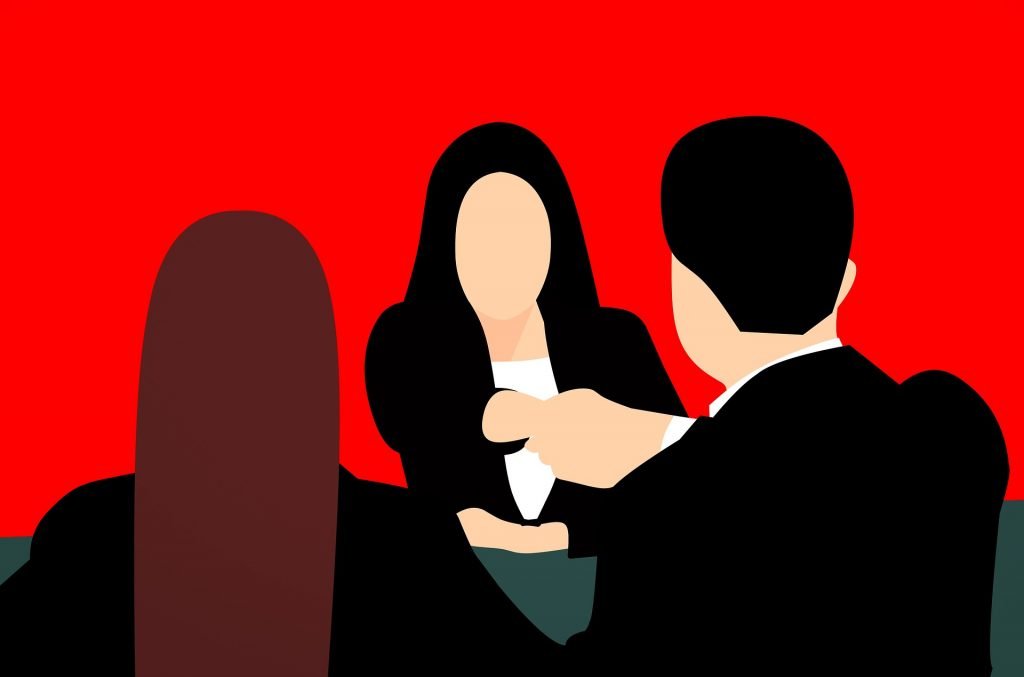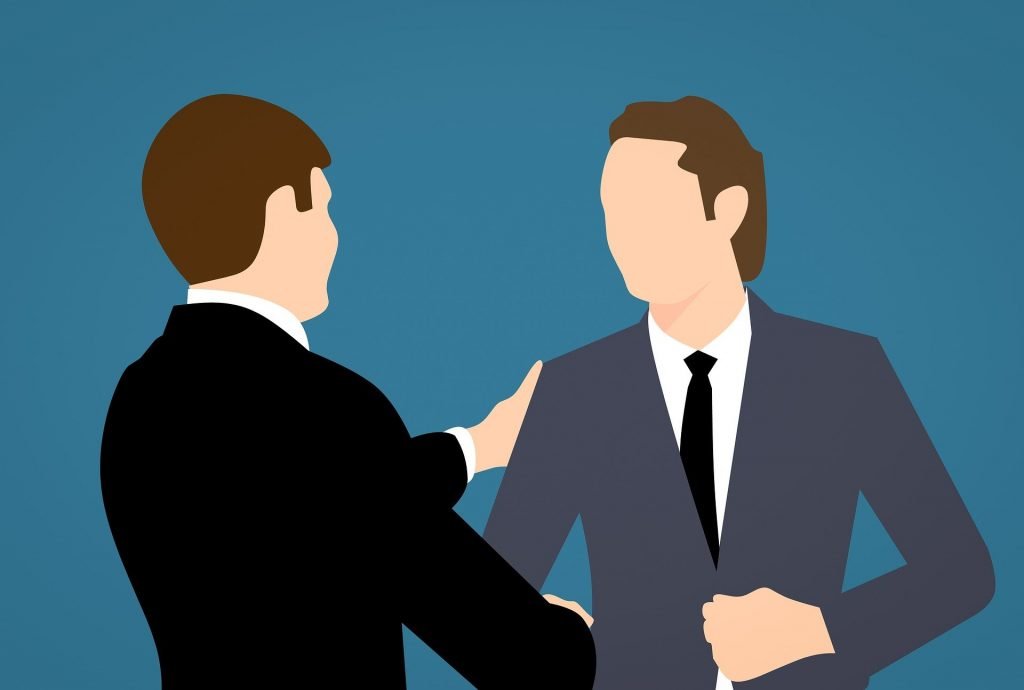There are many types of interviews that serve different scenarios. Knowing what to expect can help you to meet your goals.

1. Informational Interview
In an informational interview the objective is to seek advice and learn more about a particular employer, sector or job. Interviewing experts in their field is one more way to add to your employment knowledge base. As a result, gaining this information means you are more prepared. It is also an excellent way of networking and adding to your contacts.
2. Screening or Telephone Interview
Phone interviews – these types of interviews are proving to be a more cost effective way to screen candidates. Slots range from 10 to 30 minutes. Firstly, prepare for it as if it is an open book exam. Secondly, make sure you have your CV, the job description, list of references and prepared answers noted in front of you. A large part of communication is visual and as they can’t see your body language, it critical to have positive and sharp answers delivered with enthusiasm. Finally, don’t forget to ask what the next step will be.
3. Individual Interview
Often referred to as a “personal interview” this is the most common type of interview and is usually held face to face at the company’s offices. Find out the approximate length of the interview in order to prepare; they range from 30 to 90 minutes. Shorter interviews will mean delivering concise answers that are to the point. On the other hand longer interviews allow you more time to go into detail and support your answers with examples.
4. Small Group or Committee Interview
These types of interviews mean meeting a panel of decision makers at once. This can be daunting and intimidating if you are not well prepared in advance. However, more than one interviewer means efficiency and an opportunity for different opinions of the same answer. Try to build a rapport with each member of the panel and be sure to make eye contact with everyone not just the person asking the question. It is also worth trying to find out the names and roles of those on the panel.
5. The Second or On-Site Interview
The second interview means you have been successful on the first occasion and they would like to know more. As a result, these types of interviews can be longer, some lasting half or a full-day. They often mean meeting three to five people which can include Human Resources, the line manager, office staff and the head of department. Most importantly, be ‘on the ball’ and show enthusiasm! Try to find out as much as possible about the agenda for the day as this will go some way to making you feel less anxious about the whole process. This is usually the last stage before an offer of employment is made.

6. Behavioral-Based Interview
Known as Critical Behavioral Interviewing (CBI), the theory is that past performance in a similar situation is the best predictor of future performance. This method of interview probes much deeper than the usual interviewing techniques. Have specific examples ready that highlight your attributes in core areas such as teamwork, problem-solving, communication, creativity, flexibility and organisational skills. However, be structured in your answers and explain your examples in terms of the situation, the task, the action you took, and the outcome achieved.
7. Task Oriented or Testing Interview
These types of interviews are structured in a way that allows you to demonstrate your creative and analytical abilities in problem solving through varied tasks or exercises. It may include a short test to evaluate your technical knowledge and skills. Other tasks can be delivering a presentation to a group to determine your communication skills. Relaxing is key!
8. Stress Interview
This method of interview is rare and involves the interviewer baiting you to see your response. The aim is to highlight your weaknesses and see how you react under pressure. Tactics can vary from constant interruptions and odd silences to provoking and challenging interrogation-type questions used to push you to your limits. Moreover, it is worth asking yourself do you want to work for an organisation that is willing to go this far even before an offer is put on the table?
If you want to get even more prepared, read our column How to get the best results in a job interview or check our Interview Training & Presentation Skills site.
Need our help? Complete this form below and we will get back to you
[contact-form-7 id=”15430″ title=”Career & Personal Development”]